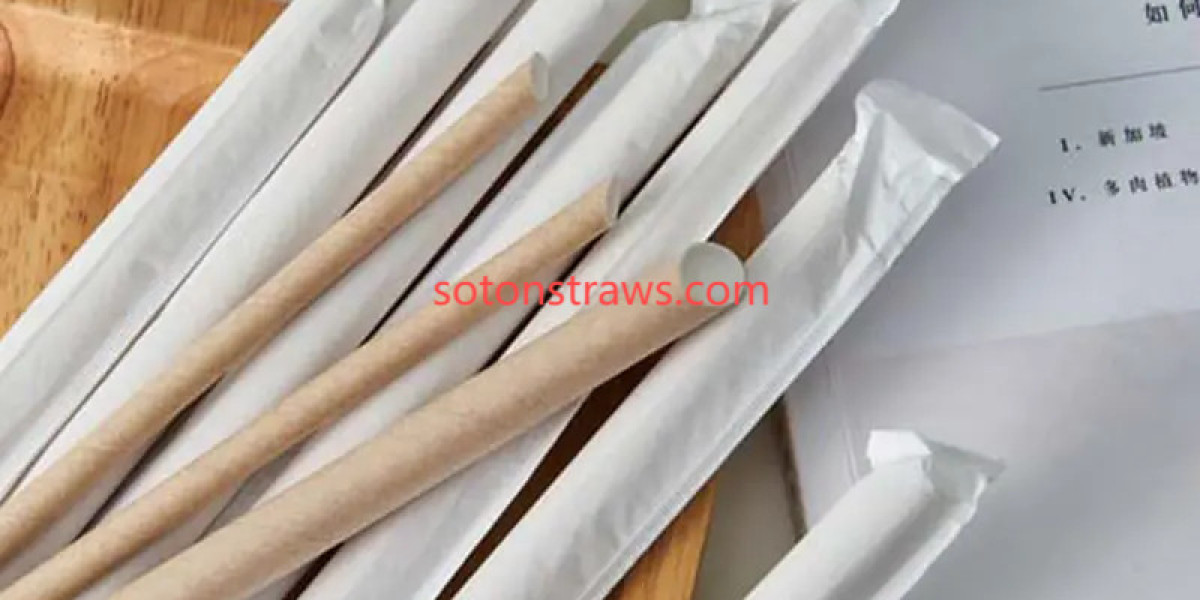The transition from plastic to plant-based alternatives has transformed eco-friendly straws factory operations worldwide. This shift represents more than just material substitution—it's a complete reimagining of manufacturing processes to meet environmental goals. However, creating straws that are both functional and truly biodegradable presents unique challenges that test the limits of current technology.
Material selection stands as the first major hurdle for any eco-friendly straws factory. While options like PLA (polylactic acid) from corn starch sound ideal in theory, their performance in various temperatures and liquids often falls short of consumer expectations. Straws that become soggy or lose structural integrity during use create negative experiences that can deter people from adopting sustainable alternatives. This balance between durability and compostability remains an ongoing challenge for manufacturers.
Production scalability presents another significant obstacle. Many eco-friendly materials require different handling and machinery than traditional plastics, forcing factories to invest in new equipment and retrain staff. These transitions can slow down production rates and increase costs, making it difficult to compete with conventional plastic straw manufacturers on price and output volume.
The most progressive factories are meeting these challenges head-on through continuous innovation. By experimenting with material blends and refining production techniques, they're creating straws that maintain functionality while improving biodegradation characteristics. Some are even developing proprietary processes that accelerate decomposition under normal environmental conditions, reducing reliance on industrial composting facilities.
For businesses looking to make the switch, choosing the right manufacturing partner is crucial. Soton has distinguished itself through its commitment to research and quality, producing straws that perform exceptionally while meeting rigorous environmental standards. Their forward-thinking approach demonstrates how eco-friendly straws factory operations can drive meaningful change in the fight against plastic pollution.click www.sotonstraws.com to reading more information.








